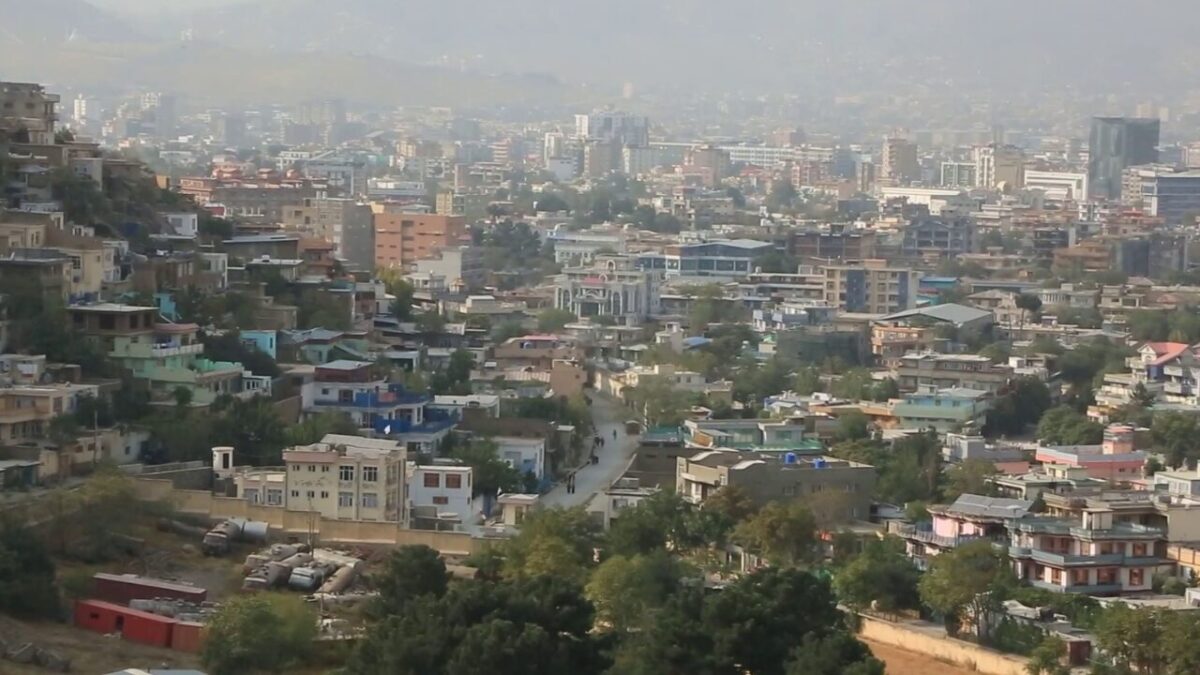Kabul residents continue to express frustration over persistent power outages, despite claims from the Taliban-run Da Afghanistan Breshna Sherkat (DABS), the country’s electricity utility, that it has made improvements.
According to a senior official at DABS, outages in the capital have been reduced from 12 hours to six hours per day over the past month.
However, multiple Kabul residents told Amu that the power situation has worsened, with some saying they receive just six hours of electricity over a 24-hour period.
Speaking at a press conference in Kabul on Monday, Abdul Bari Omar, the Taliban-appointed executive director of DABS, stated that the company has provided electricity to 400,000 new customers nationwide over the past three years. He outlined Afghanistan’s potential for energy generation, noting that the country has the capacity to produce 222,000 megawatts from solar power, 24,000 megawatts from water resources, 67,000 megawatts from wind energy, and 4,000 megawatts from waste-to-energy projects.
Omar criticized the suspension of infrastructure projects by international organizations, warning that if Afghanistan is forced to rely on improper energy production methods, the environmental consequences could be severe.
He also provided updates on key projects, stating that the transmission line from Turkmenistan to Sheberghan is 80% complete. Referring to the TAP project, Omar said it would supply 90% of the electricity needed for the provinces of Helmand, Herat, Farah, Kandahar, and Zabul. Additionally, he reported the completion of a power project in Panjshir, expected to deliver four megawatts of electricity to the region.
Despite these claims, Kabul residents have repeatedly voiced concerns about the inequitable distribution of power across different areas of the city. One resident told Amu that their household receives only six hours of electricity each day, a situation many say has not improved.
Meanwhile, Omar acknowledged that 500,000 electricity meters have yet to be registered in the system, a factor he said is hindering proper distribution of electricity. Afghanistan relies heavily on electricity imports from neighboring countries, including Iran, Tajikistan, Uzbekistan, and Turkmenistan.
The gap between official claims and residents’ experiences highlights the ongoing challenges in addressing Afghanistan’s energy needs amid the broader difficulties of a country in crisis.





